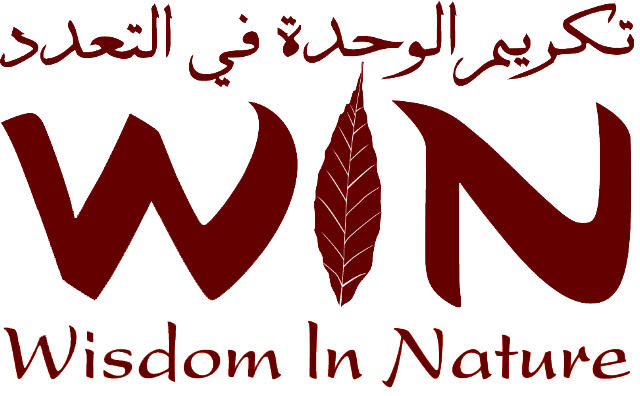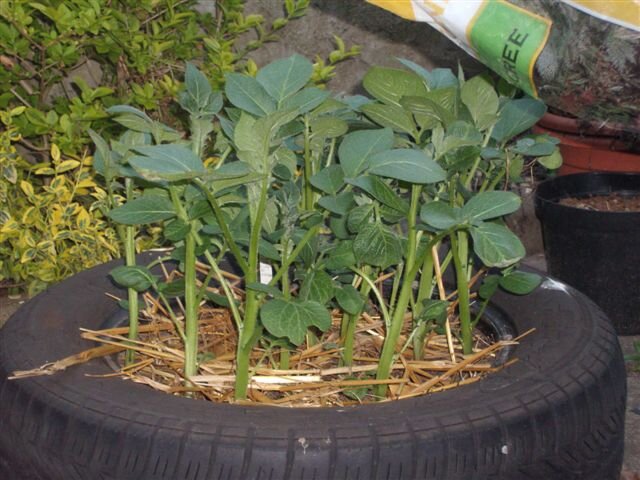A Perspective on Islam and Permaculture
Shumaisa Khan
You may have noticed that quite a few of WiN's activities of late are around permaculture, and that our new strapline includes permaculture. If you're wondering what the heck it is and what does it have to do with Islam, then you might find this blog post helpful!
Permaculture - A Brief Intro
Permaculture is a design system for meeting human needs, one which integrates various components to achieve a functional and self-regulating whole. Inherent to this is understanding the connections and relationships among the components. Relationships occur at different levels - the relationships between the various components that contribute to soil; the relationships between the soil, water, flora and fauna, etc.; and the relationship between human economic, physical, cultural, and social needs and ways of meeting them, which of course connect to the non-human elements of the wider ecosystem. Permaculture is about maximising beneficial relationships among the various components.
According to Bill Mollison, the 'father of permaculture', it emerged as a response to perceived social problems amidst the oil crisis in the 1970s. He recognised that the ecological problems were connected to social problems, and both the ecological and social problems were the result of the economic system in place.
Permaculture and Islam
What does all this have to do with Islam? Islam, in a sense, is a whole system in which the economic, social, ecological, and spiritual are integrated, which is the antithesis of contemporary society. The norm is people working at increasingly sedentary jobs in an industrial economic system that is based on money that has very little value – its value comes from the belief in it rather than tangible value. This system is characterised by compartmentalisation and disconnectedness – they keep the system going. For example, most people would not tolerate sweatshop labour to take place in their neighbourhood because there would likely be face-to-face interaction with local people. It would be difficult to live with oppression in such proximity. But globalisation has made this an unlikely scenario – we are extremely disconnected in real terms, despite being more connected than ever in other ways.
Real disconnectedness is associated with an excessive waste of energy – including human energy – and of natural resources, and of course contributes to ill health of both humans and other species. Related to this is one of the principles of permaculture - integrate, rather than segregate. Muslims are not immune from the fragmentation I have just described. Practising Islam seems to have become confined to certain religious acts - such as salat and zakat, while reflection and contemplation - which the Qur'an makes significantly more references to - have been relegated to the periphery.
For Muslims then, permaculture offers a design system that can help us apply the whole system approach that Islam is, which can be quite transformative and powerful. One need only remember what Prophet Muhammad, peace and blessings be upon him, accomplished in Mecca. In fact, we can draw parallels between the avarice and social inequality we see today and Meccan society at that time. A similar transformation needs to happen now - without which all the outer economic, social, and ecological activism will fail.
Permaculture offers a useful set of tools which we can apply to practice a broader and deeper Islam, but permaculture is simply a design system, so Muslims, through the whole system approach of Islam, can enrich permaculture. We at Wisdom in Nature are keen to develop our theoretical and experiential knowledge of permaculture and share and apply this with other Muslims, but one of the challenges we face is the lack of demand. Most people tend to confine activism to signing petitions, buying some ethical products, single issue campaigns, etc., all of which may have a place but tend to address symptoms of a diseased world rather than the cause of the disease.
Get trained up in Islam and Permaculture! Find out about our online starter course here!>>>
See our website for more information about workshops on permaculture and other areas that Wisdom in Nature can deliver.
A version of this article was printed in SISTERS Magazine in April 2013.

